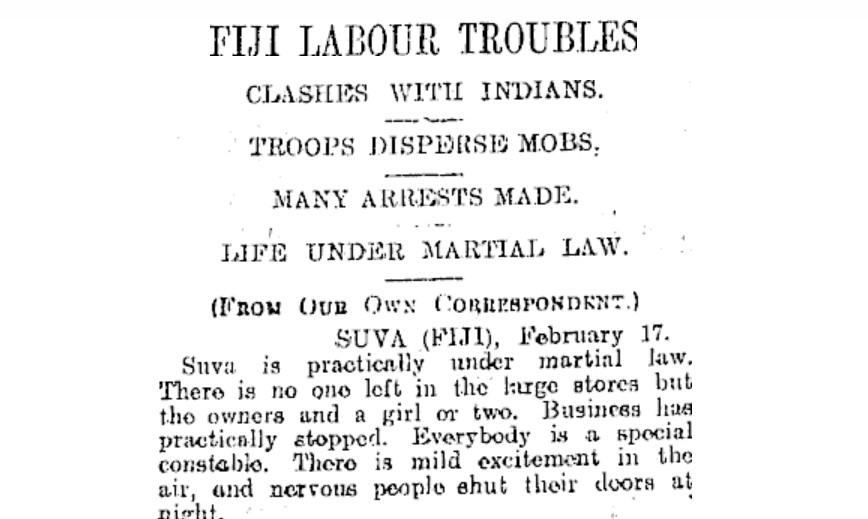A Rebel’s Guide to Eleanor Marx, by Siobhan Brown
“Eleanor Marx saw an alternative: a class that organised across borders, just as the rich do. She was a champion of the oppressed who linked the everyday struggles to a big vision. Our task remains the same.” These are the concluding lines of Siobhan Brown’s short book on Eleanor Marx, and for those of us that fight for a better world they hold true, our task remains the same.
Brown makes it clear that the focus of this book is not the personal life of Eleanor Marx, the focus of so many biographies which overlook the importance of her legacy. This book shines a spotlight on Eleanor’s work at the centre of a powerful trade union movement and her struggle for the rights of the oppressed. This it does amazingly well. Despite the fact the book is only 55 pages long and can fit in your pocket, Brown is able to examine the political context as well as the actions of Eleanor herself. This all important context is key to understanding the contributions of Eleanor Marx to the various struggles examined in the book and for understanding her legacy.
The first part of the book examines how Eleanor’s politics developed how even from a very early age she was engaged in politics. Famously she even wrote a letter to President Abraham Lincoln during the civil war because even though she was only 9 years old she “felt absolutely convinced that Abraham Lincoln badly needed my advice”. By age 14 Eleanor was involved in the struggles of Irish workers. Brown demonstrates both how Eleanor’s politics developed and was influenced by events, such as the Paris Commune, while at the same time giving an insight into these events showing their importance and context.
The next part looks at Eleanor’s involvement in many of the great political debates and movements of the time. Eleanor’s involvement in the establishment of socialist parties and the political debates that took place within them… Brown examines Eleanor’s engagement with women’s oppression and how her political theory developed, Brown contrasts Eleanor’s views to those dominant within the movement against women’s oppression. Eleanor’s tour of the U.S. is included and gives an insight into the situation there and Eleanor’s activity, which included agitation speeches many on the topic of miscarriage of justice which was a key issue at the time because of the Haymarket Affair and the subsequent trial and execution of seven anarchists. Eleanor’s work back in the UK within some of the poorest communities such as the Irish workers and against British imperialism overseas further developed her political understanding and theory. Brown, in examining these issues provides a high level of insight while remaining succinct. To achieve this with only few pages per chapter makes this little book both a joy to read and very useful in gaining a grounding in the matters discussed.
The last part of the book is devoted to the New Union movement. This was very significant in the development of modern unionism and Eleanor Marx was right in the thick of it. Brown covers Eleanor’s involvement very well these chapters are some of the most in depth in the little book. I found this part of the book to be one of the most informative and the one most relevant to our work today. As Brown points out we face a situation where unionism is very low and a large portion of the working class is in a situation which some (mostly liberal) commentators consider unorganisable. Then just as now this is untrue and Eleanor’s important work in unionising some of the most exploited sections of the working class is central to her legacy today. Unlike other biographers Brown does not dwell to long on the struggles facing Eleanor in her personal life that led to her suicide. This is for the best, instead the final chapter focuses on the bosses’ offensive of the 1890s and how workers’ struggle was redirected with the rise of reformist politics. Brown’s concluding remarks bring together the lessons for socialists Eleanor’s legacy has. And how our task today remains the same as it did then.
Overall A Rebel’s Guide to Eleanor Marx is an excellent little book. I found that given the length of the chapters I could take this book with me and pick up and read a chapter whenever I had a little break. Other titles in the Rebels Guide to series are on Leon Trotsky, Vladimir Lenin, Rosa Luxemburg and Karl Marx. And I look forward to reading those as well.
This book is highly recommended.









